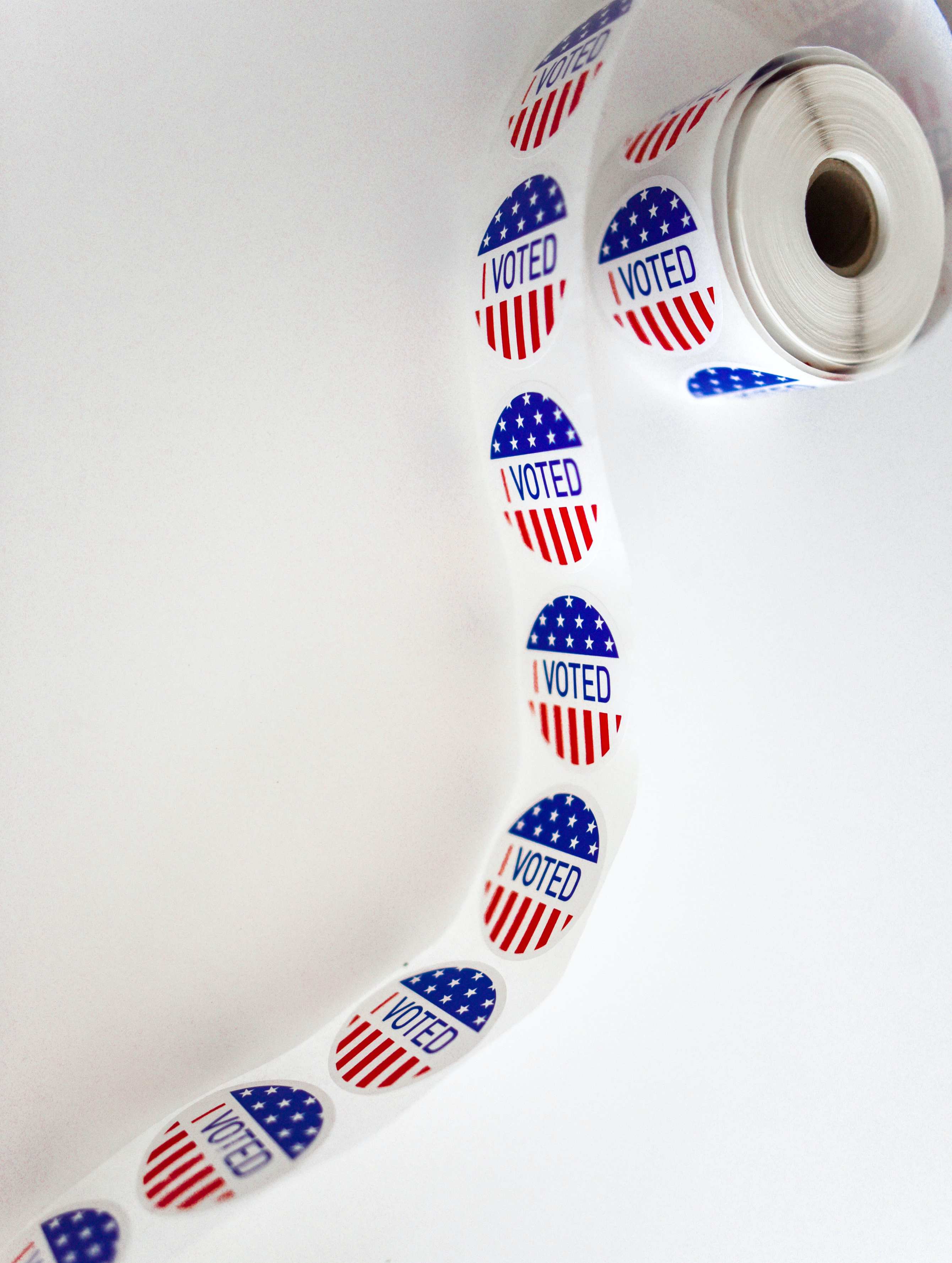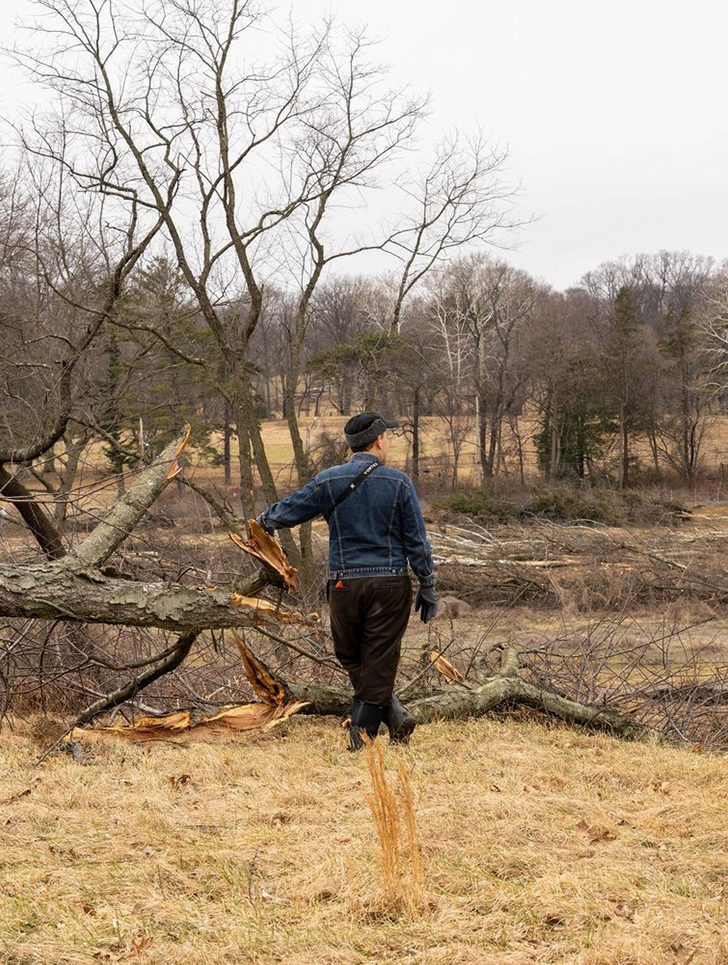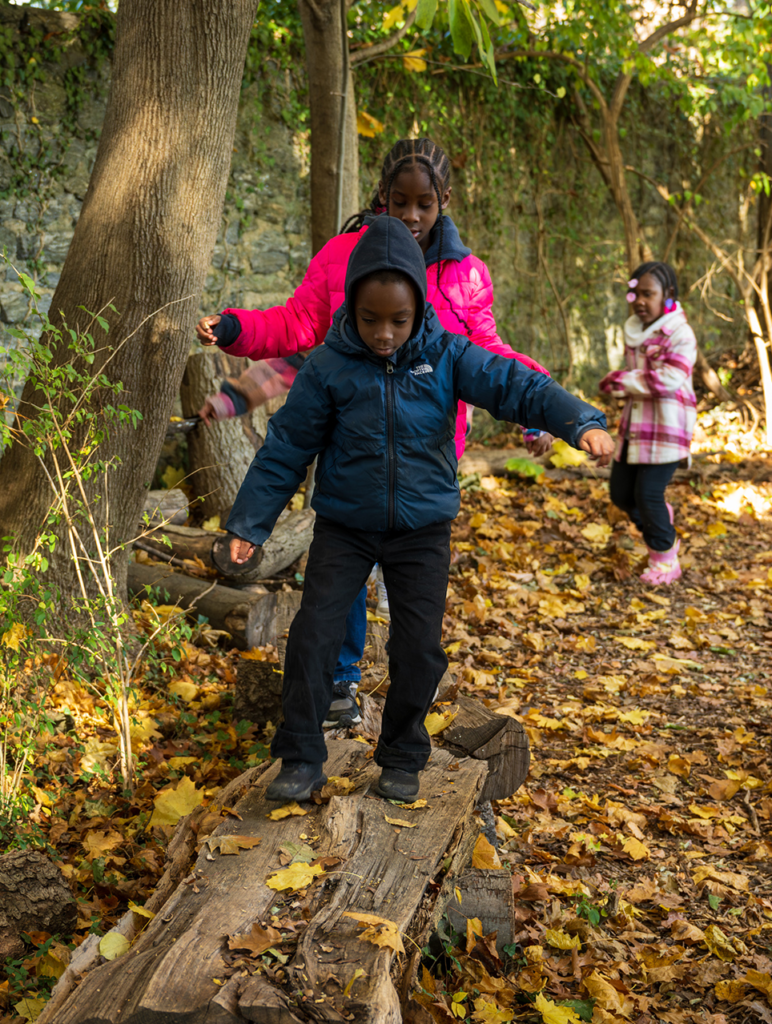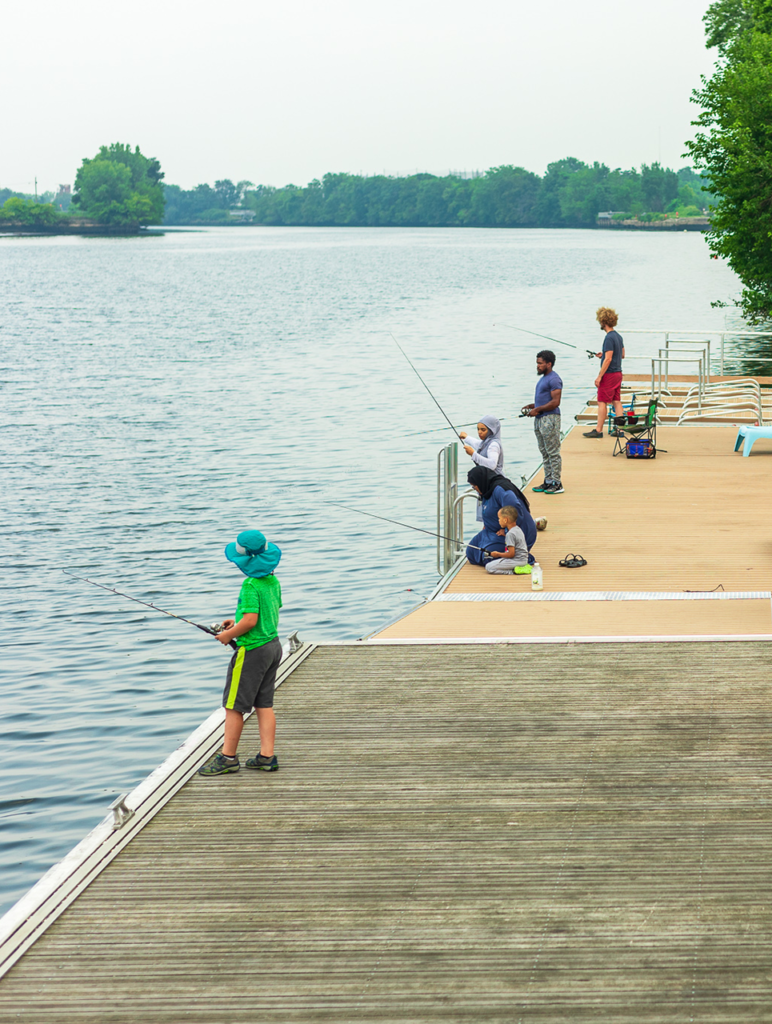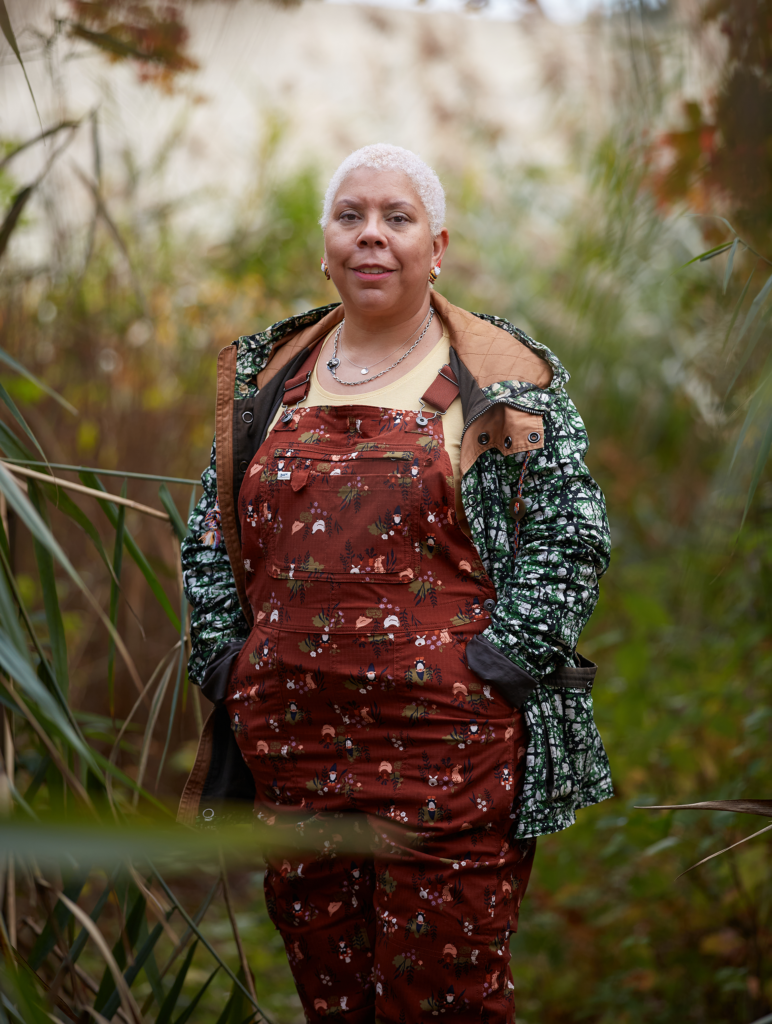Earlier this fall, the future of psychedelics in Philadelphia looked promising.
Colette Condorcita Schmitt, the founder of Decriminalize Nature Philadelphia, which advocates for expanded access to psychedelic plants and fungi, had been in conversation with the staff of City Councilmember Jim Harrity about a proposal that would decriminalize the use and possession of psychedelics in the city. With an apparent supporter in City Hall, she anticipated a legislative hearing that would shed light on the benefits of these drugs and their potential to help heal individual and communal trauma, connect residents to nature, and support the aims of harm reduction.
Bringing such a conversation into the City’s halls of power would have opened the door to Philadelphia joining a growing number of states and municipalities, including Oregon and Colorado, that are decriminalizing the use of psychedelics amid a renaissance of interest in and research about their potential to improve lives.
In the end, Condorcita learned that Harrity’s backing had fallen through, in keeping with a trend in Philadelphia politics that has resisted the liberalization of drug policy, from marijuana sales to safe-injection sites. Harrity, who is in recovery for alcohol addiction, was interested in the potential for psychedelics to be part of a “comprehensive approach to solving an addiction crisis,” according to his legislative director, Alex Palmer, but had concerns about their efficacy for that purpose and his ability to find support on City Council. His hesitancy was a setback in the effort to increase psychedelic access for Philadelphians, but perhaps only a temporary one.
Buoyed by a growing body of research showing the potential of these drugs to support the treatment of depression, post-traumatic stress disorder and addiction — supplementing generations of Indigenous medicinal practice using psychedelic plants and fungi — people are increasingly turning to psychedelics in search of healing. In Philadelphia, that work is largely taking place underground, but doctors, nurses, social workers and others are undergoing training in advance of the anticipated approval of psychedelic-assisted therapies by the U.S. Food and Drug Administration as early as next year.
As psychedelic reform expands mainstream use around the country, Condorcita says “it’s just logical that we start the process here,” in a city where poverty, violence and addiction leave their marks on so many lives.
“With all of the intense structural problems we have here, it’s not like everyone is going to take psychedelics and all these problems of racism and pervasive poverty are going to disappear,” she says. “But these tools are used by traditional cultures in a way to heal not only individual trauma but interpersonal community trauma.”

‘A Journey of Self-Discovery’
Sarah Cohen, medical director of Resource Medical Center, an integrative medicine practice, became a doctor because she saw the need for change in the modern medical system. Too often, she says, health care emphasizes disease management rather than addressing the root cause of a problem, particularly when it comes to mental health.
“Our medical system doesn’t really serve true healing in a sustainable and profound way,” Cohen says.
Cohen trained in internal medicine and has continued studying integrative and botanical medicine, including visiting and living with communities in Peru, Mexico and Nepal that use psychedelics as part of their natural medicine traditions.
“There are a lot of tools that are available that just aren’t taught in medical school, but they’re very effective and can be life-changing,” she says. “Psychedelics are one of those tools.”
Cohen’s practice is split between Philadelphia and Denver, which has given her a front-row view of how psychedelics can be used to dig deep into a person’s mind and body for answers to what ails them.
Although she doesn’t yet work directly with psychedelics in helping patients find botanical and pharmacological remedies, when Cohen concludes that an individual would benefit from access to psychedelics she connects them with someone trained in their therapeutic use by organizations such as the Multidisciplinary Association for Psychedelic Studies (MAPS) or the Johns Hopkins Center for Psychedelic and Consciousness Research.
“These medicines allow for a different type of compassionate self-reflection that really has an impact at a personal and a community level,” Cohen, who has worked in the past with West Philadelphia’s SoundMind Institute for psychedelic-assisted therapy, says. “I’ve seen it increase empathy for oneself and for others. I’ve seen personal liberation happening for people.”
Cohen describes, for example, a patient who dealt with internalized homophobia from a young age and after accessing psychedelics was able to “shed that shame and emerge with brilliance and be their genuine best self.”
“It can turn someone’s life around for the better and really allow them to show up for themselves and their loved ones in a whole new way,” Cohen says, acknowledging that isn’t the case for everyone, and that it’s important to consider the risks of psychedelic use, despite how “groundbreaking and extraordinarily beneficial” they can be for some.
Jess Jones, a licensed clinical social worker and trained psychedelic-assisted therapist, has seen the healing potential firsthand. Until this fall, she ran a private practice in Philadelphia, primarily serving those in the LGBTQ and BIPOC communities who experienced childhood trauma, which included ketamine-assisted therapy — a legal drug with some hallucinogenic effects. She’s also worked on research studies for Cybin, a pharmaceutical company using an analog of psilocybin in a trial for major depressive disorder (MDD), and Maryland’s Sunstone Therapies, where she is now a full-time staff therapist on studies involving MDMA, aka ecstasy.
We don’t say ‘good’ or ‘bad’ trip. We say ‘meaningful’ or ‘challenging,’ or maybe both at the same time. When we’re talking about healing, it’s not always the path people expect.”
— Jess Jones, psychedelic-assisted therapist
“Being with people in the room is so moving,” Jones says. “Sometimes there are these blissful experiences; sometimes there are incredibly challenging, exhausting, through-the-ringer experiences. Our view on that is that it’s all useful. We don’t say ‘good’ or ‘bad’ trip. We say ‘meaningful’ or ‘challenging,’ or maybe both at the same time. When we’re talking about healing, it’s not always the path people expect.”
Psychedelics can help people reconnect to themselves, Jones says. That can mean the surfacing of emotional dimensions that have been buried, or positive aspects of one’s identity that have long been ignored. Not all psychedelics work in the same ways, but, particularly when used in a therapeutic setting, they can allow people to “connect to memories they have defended against in ways that were important at the time for survival but are perpetuating suffering,” she says.
“It’s not like people [who undergo psychedelic-assisted therapy] are going to be walking around with a smile on their faces forever,” Jones says, “but they know how to deal with things that formerly felt crippling and overwhelming.”
In many cases, the people who Jones has worked with are in their 50s, 60s or even 70s and have been in pain for a long time, carrying grief and despair around with them as unwelcome companions.
Teresa Hancock, a self-described shaman who co-organizes the Philadelphia Psychedelic Society, which has more than 3,000 members on Meetup, says her clients tend to be on the older side as well.
“I hate to say it this way, but older people have more s***,” Hancock says. “They’ve been beaten down by it more.”
Hancock understands what many of her clients are going through. Several years ago her depression was so bad that she became suicidal. In search of anything that might help, she began microdosing LSD and found herself slowly turning the corner. After visiting Peru and participating in an ayahuasca ceremony, she was able to begin healing. The experience “changed everything,” she says. She returns to Peru for a month each year to deepen her understanding of the medicine.
In her home in King of Prussia, Hancock hosts a monthly meeting for dozens of members of the Psychedelic Society, and she facilitates sessions up to three times a week for clients who bring their own psychedelics — some of whom have been coming to her for years, others visiting from around the country in search of someone with traditional training. Depression and anxiety are the most common reasons clients turn to Hancock, she says, but trauma and addiction frequently play a part as well. A growing body of research shows that psychedelics can play a part in addressing each of those health concerns.
“Ultimately, it’s a journey of self-discovery, finding out who you really are,” Hancock says. “You get down to the source of your essence, your soul energy. That’s what psychedelics show you.”
My hope and prayer is that Philadelphia understands that we really need to incorporate as many different supportive healing modalities as we possibly can for the level of existential trauma that we are carrying here.”
— Colette Condorcita Schmitt, Decriminalize Nature Philadelphia
Hope for Healing
When Condorcita looks at the state of the city, she sees so many people who have been “systematically disconnected from basic resources,” whether that means housing and food security or something as seemingly simple as having trees in their neighborhood. Psychedelics aren’t a cure-all by any means, but they can be part of the solution at the individual and communal level, she says, by helping individuals process and overcome trauma and reconnect to the people and world around them.
As she pushes for the decriminalization of psychedelics, Condorcita worries that Philadelphia will wait too long to make space for the change they could bring if allowed into the light. “My hope and prayer is that Philadelphia understands that we really need to incorporate as many different supportive healing modalities as we possibly can for the level of existential trauma that we are carrying here.”



